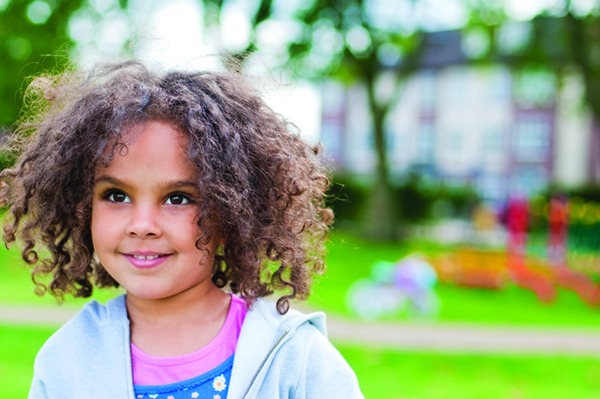Cystoscopy

What is a cystoscopy?
A cystoscopy is a test that allows your doctor to look at the inside lining of the bladder and the urethra. A thin tube with a camera attached to a telescope or television monitor is used.
Why is a cystoscopy performed?
The procedure is used to help understand your child’s condition and to help reach a diagnosis. For example, this may be done on patients who have symptoms such as recurrent urinary infections, pain, bleeding, difficulty passing urine, passing urine to often or other problems.
A biopsy or an x-ray may also be taken at the time of the cystoscopy to assess the problem. If needed, your doctor will talk to you about this.
A cystoscopy may also be used for:
- crushing and removing stones
- removing an obstruction/blockage in the urinary tract
- treating bleeding in the bladder.
How long will it take?
The procedure time may vary, but generally expect your child to be away from you for up to an hour.
This will include the time needed for their anaesthetic, the procedure and their recovery. Your child will be required to stay in the Day Unit for approximately one to two hours following the procedure.
When can my child eat and drink again?
If your child is awake when they return to the Day Unit, they can have clear fluids immediately (breastfed babies can have a breastfeed). A light diet will be offered to your child once they are fully awake. The IV cannula will be left in place until your child is ready to go home.
Care at home
Pain relief
- Have a supply of paracetamol at home. It can be given as per the instructions on the packaging for the first few days after the procedure if they have pain or discomfort.
- Give other pain relief medicine ionly if advised.
- Do not give aspirin.
After the cystoscopy
It is normal to have these symptoms for up to seven days following a cystoscopy:
- mild burning sensation when passing urine
- small amount of blood in their urine
- your child may need to pass urine more often than usual
The following instructions may help if your child finds these symptoms a problem:
- drink plenty of water (unless told otherwise)
- give paracetamol as instructed on the bottle/packaging by the manufacturer
- give the full course of antibiotics that your doctor has prescribed for your child. Some antibiotics suspensions will need to be refridgerated, please check with your pharmacist for storage requirements.
- return to see your doctor as instructed.
Diet and fluids
Your child may eat and drink normally once they are home.
Vomiting
It is not uncommon for children to vomit on the night of the procedure. If your child is vomiting, give sips of clear fluids, try a piece of dry toast or a cracker biscuit and increase the amounts as tolerated by them, until the vomiting settles. If vomiting continues after 24 hours, seek medical advice.
Points to remember
- A cystoscopy procedure usually requires admission for the day only.
- Your child may return to school in a few days if feeling well, or when your doctor has told you it is ok.
Please contact either either your (GP) or go to your closest hospital that treats children immediately if your child has any of the following symptoms after discharge:
- Your child’s urine remains red or you see blood clots after they have passed urine several times.
- Your child has not passed urine eight hours after the procedure or is unable to pass urine when they try to.
- Your child develops a fever, chill or severe pain in the abdomen after the procedure.
- Your child develops any signs of a urinary tract infection, which include:
- pain or burning when passing urine that does not settle
- an urge to pass urine often, but passing only small amounts of urine each time
- dribbling of urine (unable to control or stop urine from flowing)
- urine that is reddish or pinkish, foul smelling or cloudy
- pain or a feeling of heaviness in the lower abdomen.
Follow up visit
The doctor caring for you will discuss your follow up visit.
Emergency contact
To ensure your child receives the best possible care in an emergency, you should call 000 or go to your nearest Emergency Department.
If you have any concerns or questions please contact your doctor.
Contact Mater Children’s Private Brisbane
Salmon Building,
Raymond Terrace,
South Brisbane QLD 4101
Telephone: 07 3163 8111
Mater acknowledges consumer consultation in the development of this patient information.
Mater Doc Num: PI-CLN-470037
Last modified 28/4/2020.
Consumers were consulted in the development of this patient information.
Last consumer engagement date: 23/10/2019
For further translated health information, you can visit healthtranslations.vic.gov.au/ supported by the Victorian Department of Health and Human Services that offers a range of patient information in multiple languages.